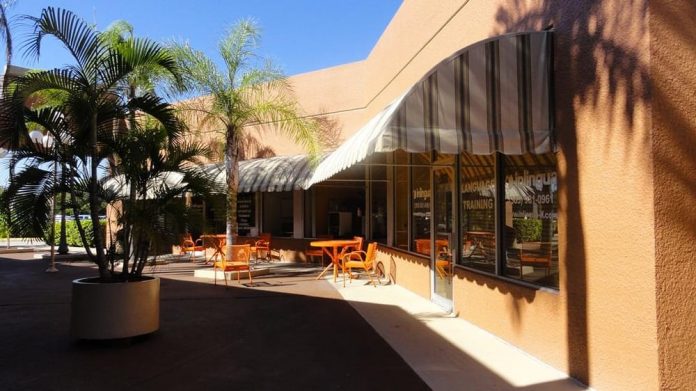Nine Inlingua language centres in Florida closed ‘abruptly’ in November, stranding over 500 students. Staff remain unpaid and students appear to have lost the fees they have paid in advance.
One student outside the Doral branch told the Miami Herald they’d lost the $6,000 paid for a course they’d recently started.
Many students, who have lost the fees they have paid in advance, risk losing their visa status unless they can transfer to other institutions. Students at the Orlando centre were advised to report to local language school Open Hearts Language Academy which is reported to have agreed to take them.
Those arriving at the centres in Aventura, Boca Raton, Coral Gables, Doral, Fort Lauderdale, Key Biscayne, Brickell, Weston, Tampa and Orlando to find them shut. Inlingua International, which licensed the schools to the local operator told the Gazettethat their school in Washington DC and other centres in the US were offering to take in the stranded students for free.
All Inlingua centres in Florida were run by licensee Maria Cristina Ortega de Marcos, the majority owner of IF Multicultural Interactive Solutions LLC, which operated the schools. This company apparently became embroiled in a complex bankruptcy case that centred on a family member, Leonidas Ortega Trujillo and his Panama-based LTG Foundation and Banco Continental, owned by the members of the Ecuador-based Ortega family.
Court documents associated with the case, brought in the Miami-Dade County courts, allege that Trujillo ‘directly or indirectly’ had an interest in the Florida language schools.
What was supposed to have been a straightforward bankruptcy case lasting a few days in the County courts had dragged on from July, and by November the legal fees incurred were so massive the schools could not ‘sustain themselves,’ according to an email sent by Ortega de Marcos to a teacher informing him of his school’s closure.
Jürg Heiniger, Inlingua International AG’s Switzerland-based managing director, told the Gazette: ‘the schools in Florida are no longer licensees of Inlingua’.
‘The schools had a very good reputation, students and teachers were happy, the results were good’ and they had more ‘severe accreditation than the ISO certification we have in Europe.’
Heiniger said that ‘We do not have any official information from our former licensee’ other than the email sent to teachers explaining the closure.
Of the Inlingua Florida schools closures, Heiniger noted, ‘the bankruptcy had nothing to do with the Inlingua business’.





